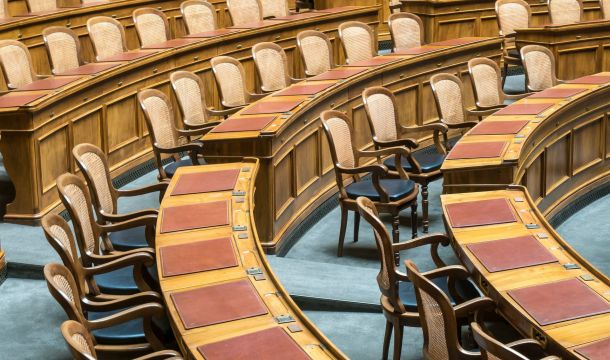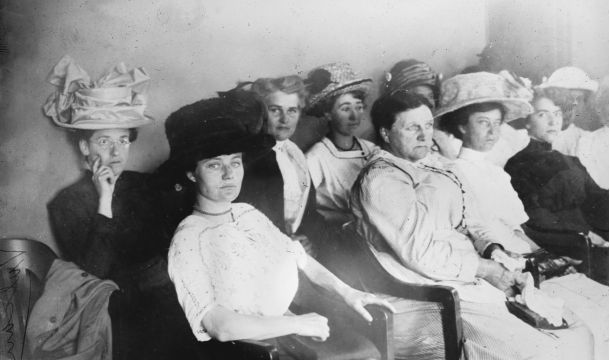LGBT ISSUES ARE IN TRANSITION
Mixed signals are developing from several regulatory and judicial pronouncements on transgender and other LGBT issues. On January 31, 2017, President Trump indicated that he intended to maintain an Obama-era Executive Order signed to protect gay, lesbian, bi-sexual and transgender federal workers and contractors from workplace discrimination. Later, however, the Justice and Education Departments on February 22, 2017 withdrew Obama Administration guidance that said public schools must allow transgender students to use the bathrooms and locker rooms consistent with their gender identities. Attorney General Jeff Sessions said in a statement that the prior guidance did not "contain sufficient legal analysis" to the interpretation under Title IX of the Education Amendments of 1972. During this same time frame, a case was pending before the U.S. Supreme Court dealing with whether a Virginia school board was required to let a transgender boy use the boys’ bathroom. After the Trump Administration withdrew the guidance on which the lower court ruling was based, the Supreme Court directed the lower court to confront directly the unresolved issue of whether and how the 1972 federal law prohibiting sex discrimination in education applies to transgender individuals.
Thus, the current status of the federal regulations is that while there is no certainty how the 1972 education amendments will be interpreted as to bathroom access for transgender students, the rules of the Office of Federal Contract Compliance Programs (OFCCP), as supplemented by an Obama Administration executive order, consider sexual orientation and transgender status discrimination to be prohibited. The OFCCP’s anti-discrimination rules apply to only those institutions that have federal contracts of $10,000 or more.
Meanwhile, the Equal Employment Opportunity Commission (EEOC) continues to prosecute a number of Title VII lawsuits on behalf of transgender workers. As recently as February 10, 2017, the EEOC filed a brief reaffirming the EEOC’s view that Title VII's sex bias ban applies to discrimination based on transgender status. It remains to be seen whether a new Trump-nominated EEOC General Counsel and/or new appointments to the EEOC by the new Administration will affect the EEOC position.
The courts are likewise struggling with the issue of the LGBT rights, including transgender issues. On March 10, 2017, the Eleventh Circuit Court of Appeals in Atlanta ruled that federal civil rights law does not prohibit employment discrimination against gay and lesbian workers. Evans v. Georgia Regional Hospital, No. 15, 15234 (3/10/17). Other federal appeals courts currently also are considering whether Title VII's ban on sex bias prohibits discrimination against lesbian and gay workers. On April 5, the Seventh Circuit Court of Appeals became the first federal appeals court to rule that Title VII prohibits bias based on sexual orientation. Hively v. Ivey Tech. Community College of Indiana, No. 15-1720 (4/4/17). Further, the courts consistently enforce a 1989 U.S. Supreme Court decision that bias based on gender stereotyping can violate Title VII and thus can apply to protect LGBT workers. Thus, cases currently support the concept that workers can prove an employer discriminated because they didn’t conform to gender norms about how a man or woman should speak, act, dress or otherwise behave. It is not a large jump from this background to take the further step and find all LGBT rights protected from discrimination. The distinction in the current Eleventh Circuit ruling is that the sexual stereotyping theory involves whether a person’s behavior conforms to an employer’s general norms, not a person’s "status" as heterosexual or homosexual.
Related Content
Get Email Updates
Recent Content

Supreme Court Allows Trump Administration to Proceed with Termination of CHNV Parole Programs

Supreme Court Lifts Injunction that Prohibited Removal of Venezuelans with 2023 TPS Designation, Status Of Haitians and Changes to TPS for Afghans

The EEOC and DOJ Issue Guidance on DEI

Considerations When Government Officials Show Up and Request to Meet with Individual Employees

How Jurors Evaluate the Fairness of an Employer’s Actions
